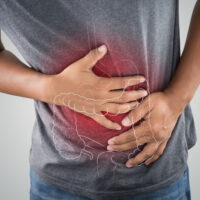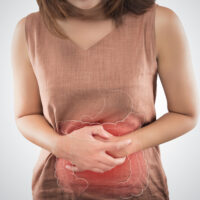Dietary Recommendations For Those On A Kidney Disease Diet
Among the organ systems in the body, it would be hardly an exaggeration to state that the kidneys perform among the most vital functions to our health and wellness. When you have been diagnosed with a chronic kidney disease, one of the first things you should pay utmost attention to and take great care over is your diet.

Generally, since the kidney function is already impaired, doctors recommended that you closely monitor and minimize your consumption of any liquids to the minimum necessary levels so as to avoid over taxation of the kidneys. Kidney disease diet requires you to be very watchful for the accumulation of any
It is important to also limit your consumption of protein in your diet as a high protein diet leads to the secretion of more urea which can lead to toxicity.
Another recommendation is to limit the consumption of sodium, potassium, phosphorous and other salts in your diet as an excessive consumption of these mineral salts can alter the fluid balance in the system. As far as possible, opt for fresh food over canned or preserved foods as these are normally very high in sodium and other minerals. Avoid any processed meats like sausages, bacon, ham etc. Also, avoid foods that have salt additives such as salty crackers.
Fresh vegetables such as cabbage, cauliflower, red bell peppers, onions, and garlic are considered optimum foods for those on a kidney disease diet. Foods that are rich in anti-oxidants such as blueberries and cranberries and other fruits such as apples are also recommended. As far as possible, try to consume foods that are alkaline as these are supportive to kidney metabolism vis-a-vis foods that are acidic.
For those who have been advised a kidney disease diet, it is recommended that they speak to their doctor to design a sound kidney disease diet plan that ensures optimum kidney functioning.





